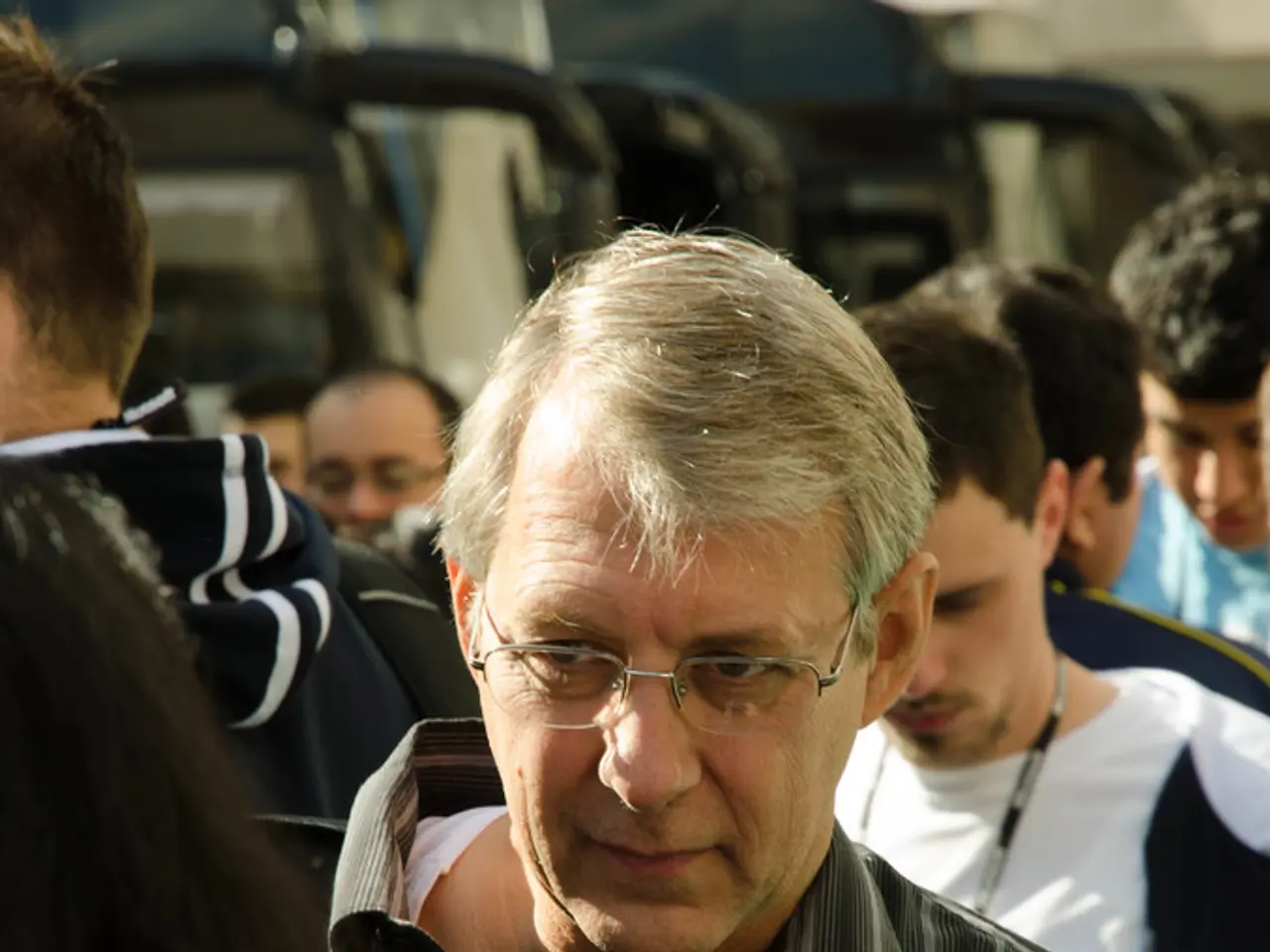Microsoft CEO Satya Nadella acknowledges the burden of dismissing 15,000 employees in less than a year, stating, "I carry the weight of it."
Microsoft, the tech giant, is undergoing a significant transformation, as it repositions itself from a "software factory" to an "intelligence engine." This transition, led by CEO Satya Nadella, involves a combination of layoffs and increased investment in artificial intelligence (AI).
In a July 24 internal memo, Nadella described the layoffs as "among the most difficult we have to make." The decision was not made in response to a crisis, as Microsoft is currently thriving according to various objective measures. Instead, the layoffs reflect a significant reorganization aimed at eliminating roles that do not align with the company’s AI-driven priorities. This allows Microsoft to streamline operations, shift focus, and reallocate talents toward AI, cloud computing, security, and product innovation.
Simultaneously, Microsoft is increasing its AI investment, involving massive spending on building global cloud data centers, AI-specific hardware, and developing AI-powered products like Microsoft Copilot and Azure AI services. These investments underpin Microsoft’s vision to shift from a traditional software and services company to a core AI and cloud intelligence leader, capitalizing on AI's vast potential to drive business growth and operational efficiency.
The company views AI not only as a revenue driver but as a transformative force to enrich employee experiences by automating mundane tasks, reinvent customer engagement, and accelerate business productivity globally. This dual strategy has delivered strong quarterly earnings growth (18% revenue increase, 24% net income growth) and pushed Microsoft’s market cap beyond $4 trillion, confirming investor confidence in the long-term payoff of AI investments despite the short-term disruption caused by layoffs.
Nadella's strategic intent is to dominate the AI space while retaining Microsoft’s leadership in enterprise software. The "real test" for Microsoft, according to Nadella, is not what they say, but what they do. As other tech giants like Google, Amazon, and Meta undergo similar transformations, the tech industry is closely watching Microsoft's progress.
The layoffs at Microsoft, amounting to 15,000 employees (approximately 6.7% of its global workforce), are a challenging but necessary step towards this future. Nadella's words to employees suggest that the future of Microsoft depends on adaptability. He envisions a future where every individual can create their own AI-powered software tools, and Microsoft's vision includes giving access to personalized agents like coders, analysts, and researchers on demand to 8 billion people.
Achieving a balance between AI dominance and maintaining trust internally and externally is a challenge for Microsoft. The company must navigate the complex and emotionally charged landscape of AI development, ensuring that its technological advancements serve the greater good while maintaining the confidence of its workforce and customers.
In summary, Microsoft's layoffs are a strategic move to realign its workforce for an AI-centric future, while its increased AI investments aim to sustain technological leadership and capture the accelerating economic impact of artificial intelligence worldwide. This transformation is a testament to Microsoft's commitment to staying at the forefront of technological innovation, even in the face of short-term challenges.
- The financial reorganization at Microsoft, led by CEO Satya Nadella, encompasses a significant reduction of 15,000 employees, as the tech giant shifts focus towards artificial intelligence (AI), cloud computing, security, and product innovation.
- Microsoft's major investments in AI, which include building global cloud data centers, AI-specific hardware, and AI-powered products like Microsoft Copilot and Azure AI services, are geared towards capitalizing on AI's potential to fuel business growth and operational efficiency.
- In the realm of education and self-development, Microsoft envisions a future where every individual can create their own AI-powered software tools, democratizing technology and aligning with Nadella's vision of an adaptable workforce for the AI-centric future.




